U.S. government refuses to recognize the volunteer work of international students
While I’m playing the last measures of the school’s alma mater, there is a whole different subject on my mind. Each year, the President’s Service Award, a recognition for volunteers who have completed 100 or more hours of service, is presented at the awards ceremony, and I am confident that in about a minute or two, I will be standing in front of the whole school and be recognized as one of the recipients.
As expected, the names are announced alphabetically, and students start to rise out of their chairs. When last names starting with “J” begin, I figure, it’s almost my turn, and rest my violin on the ground. Johnson, Jones, Kalb… I’m up next. But instead of hearing my name, I listen to the names starting with “L.”
After the assembly, I am given an explanation. A poor one, in fact. Because I am an international student and not a naturalized citizen, I am not eligible to receive the award. And this has apparently happened multiple times in the past; I am not the only international student to have been denied recognition. I would expect a school that emphasizes embracing diversity and that holds cookouts and picnics for international students to have informed me earlier about the restrictions surrounding this award that many BSM students apply for every year.
Not content that my country of birth should bar me from being honored for my service here in Minnesota, I continue to search for a better, more precise explanation. I look up the President’s Volunteer Service Award website, which states on its homepage:
“The President’s Volunteer Service Award is the premier volunteer awards program, encouraging United States citizens or lawfully admitted permanent residents of the United States through presidential recognition to live a life of service. Your recognition inspires others to take positive action to change the world.”
While the site repeatedly mentions that the award is only available to citizens or permanent residents, it fails to clarify why the government initially set up this policy prohibiting non-U.S. citizens from receiving recognition.
So I resort to emailing. Despite the pessimistic advice from my friends urging me not to send an email to a government website, since no one would likely respond, I still send a long, descriptive email. A few days later, I get a response, which, unfortunately, only reiterates the information that has already been provided on the website.
The ideology behind solely acknowledging and honoring U.S. citizens and permanent residents essentially degrades one group of volunteers and implies that their service is somehow not as valuable as the service of others.
— Jason Kang
Now I’m guessing many of you, probably a majority of whom are U.S. citizens, wonder why I have gone to such a great extent just to get a certificate. Because in truth, many of us international students have been compelled to volunteer more than students who are U.S. citizens, since we are prohibited from obtaining employment and thus further involvement in American society.
Despite this limitation, we continue to “take positive action” for America, which, I remind you, is not our mother-nation. With nearly 820,000 international students pursuing post-secondary education in the U.S. in the 2012–2013 school year, according to Institute of International Education, not only have we become a financial asset––contributing $24.7 billion to the U.S. economy through school tuition and living expenses––but we have brought an influx of culture, ideas, and, of course, service to our communities.
The U.S. government should recognize all volunteers, both U.S. citizens and people of immigrant status, for their service to the country. The ideology behind solely acknowledging and honoring U.S. citizens and permanent residents essentially degrades one group of volunteers and implies that their service is somehow not as valuable as the service of others. Altering this policy would not only inspire all types of people to provide service for their communities, but it would also reduce the inequity gap between students of different races, genders, and nationalities.
In return for countless hours of pushing patients in wheelchairs, serving meals to homeless people at soup kitchens, and playing the violin for senior residents at nursing homes, I do not expect to receive compensation. I do not expect, nor is it possible, to be given a scholarship. I do not expect to be awarded with a six-foot trophy or a plaque with my name engraved on it.
In fact, not being awarded a piece of paper signed by the President isn’t going to be my biggest life crisis. What disturbs me, however, is the fact that my contribution is somehow valued less because of the absence of having a “green card” or an American passport. By removing this restriction, the government would better embrace international students and thus heighten the image of America as a land of freedom and opportunities.

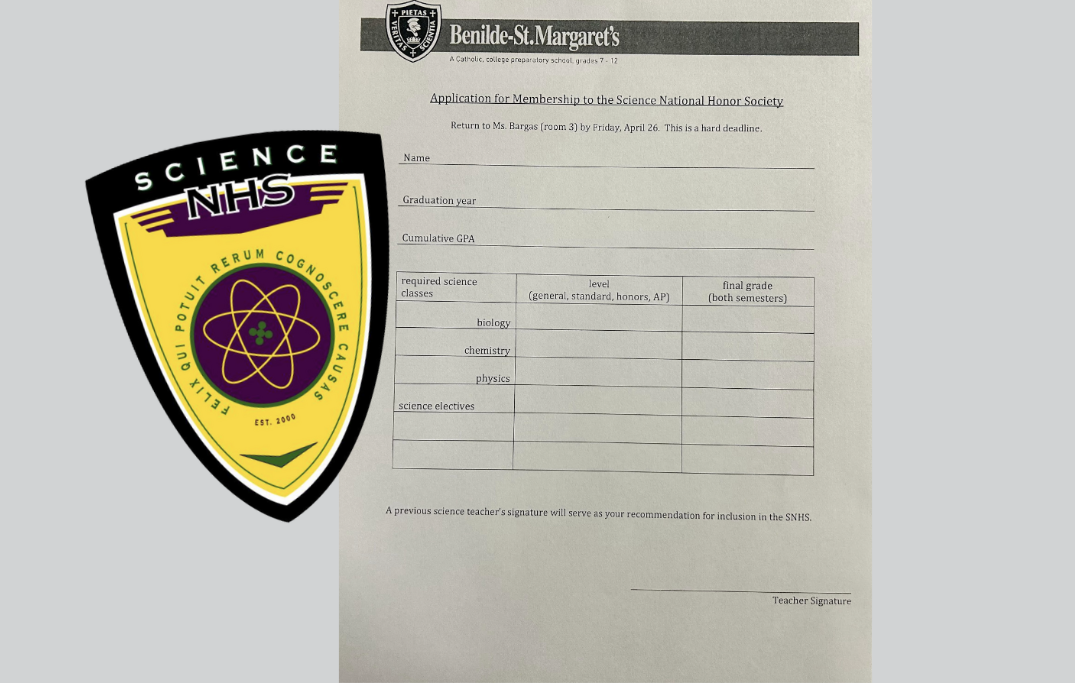
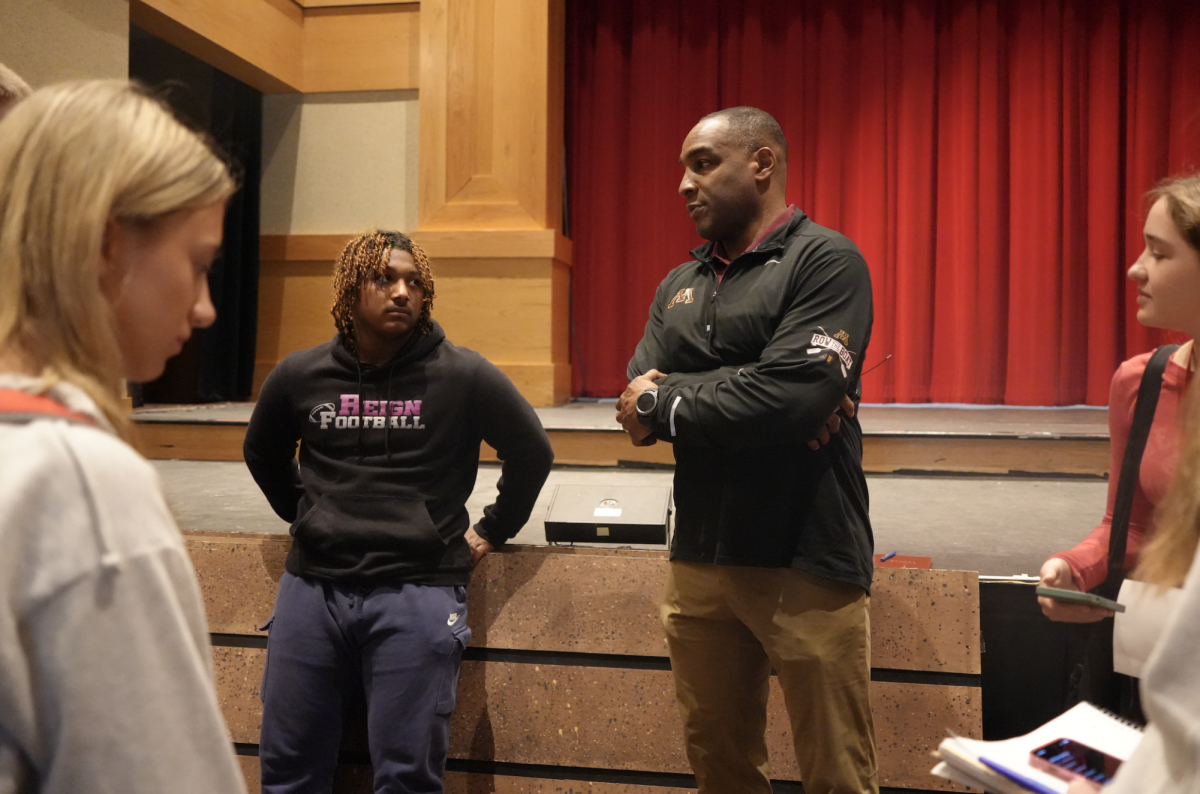



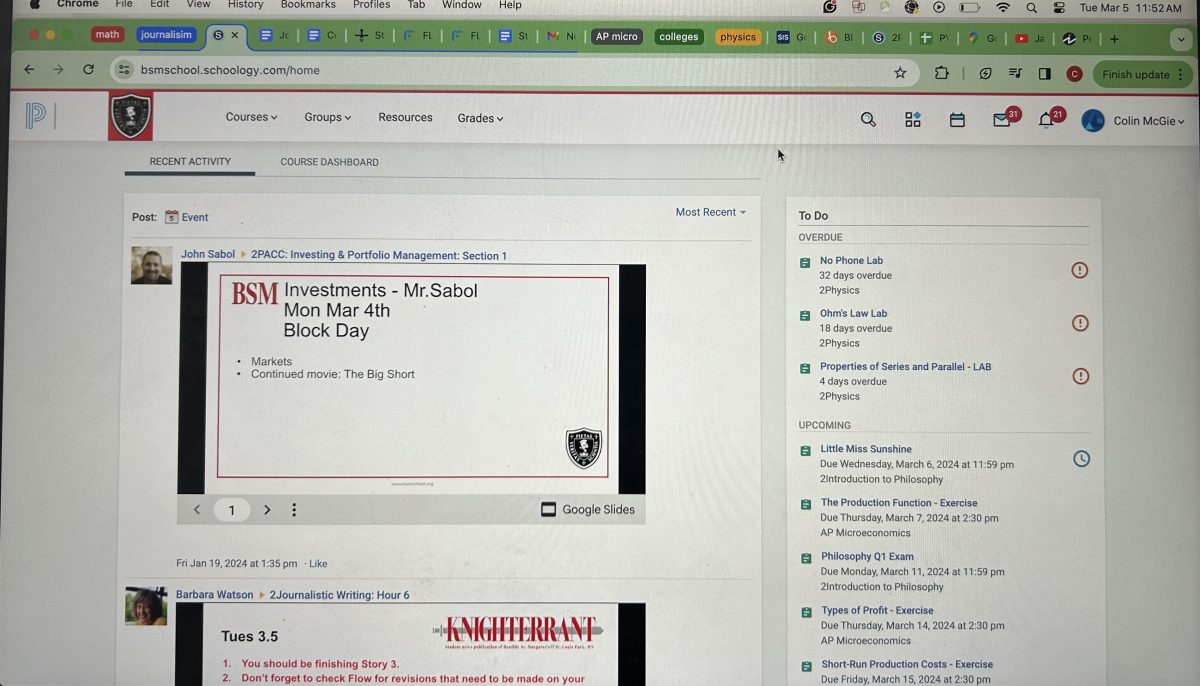
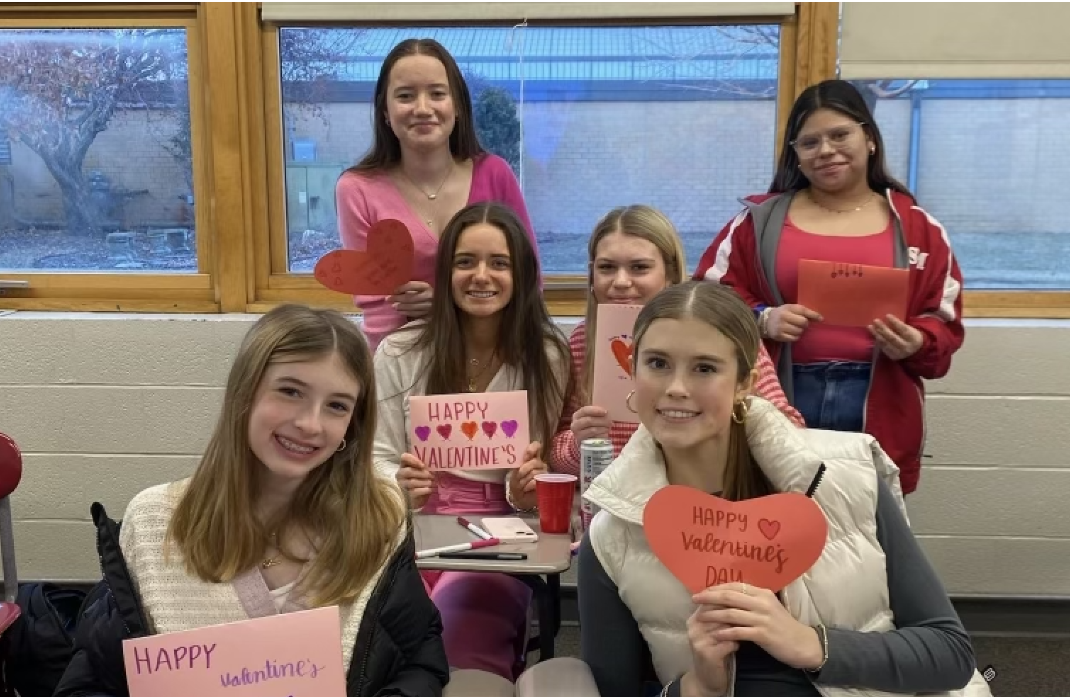
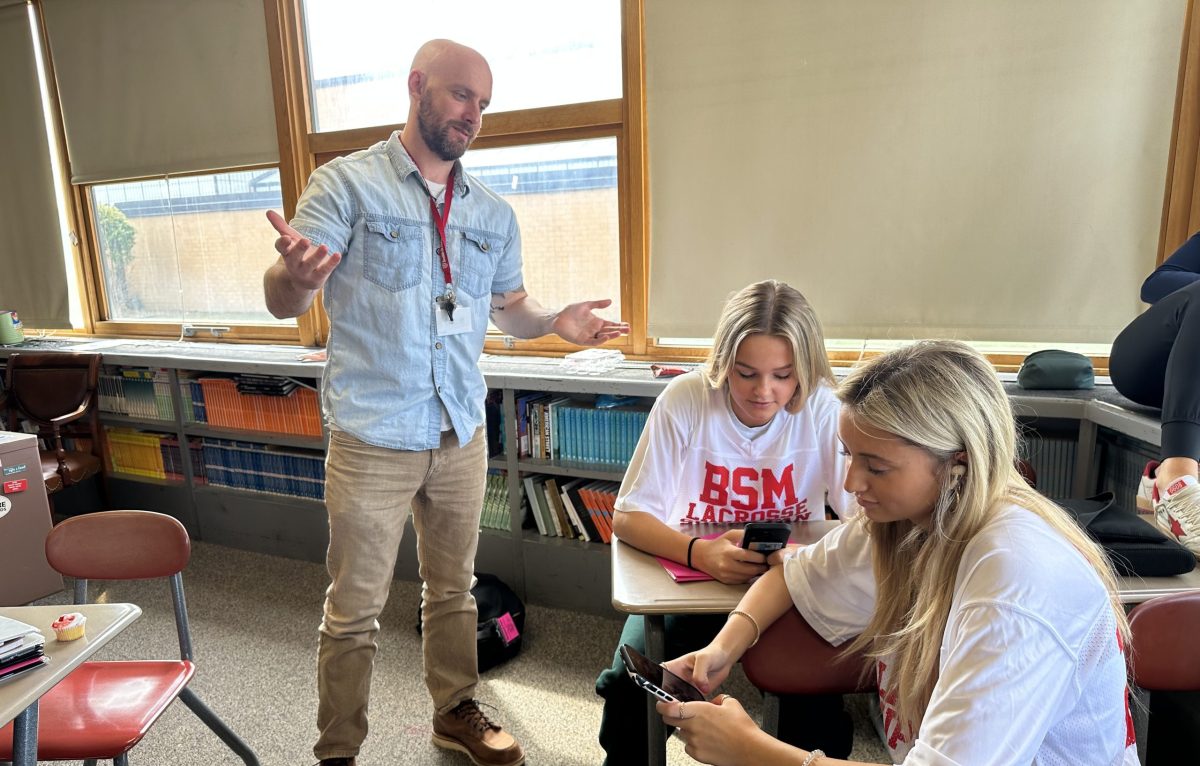
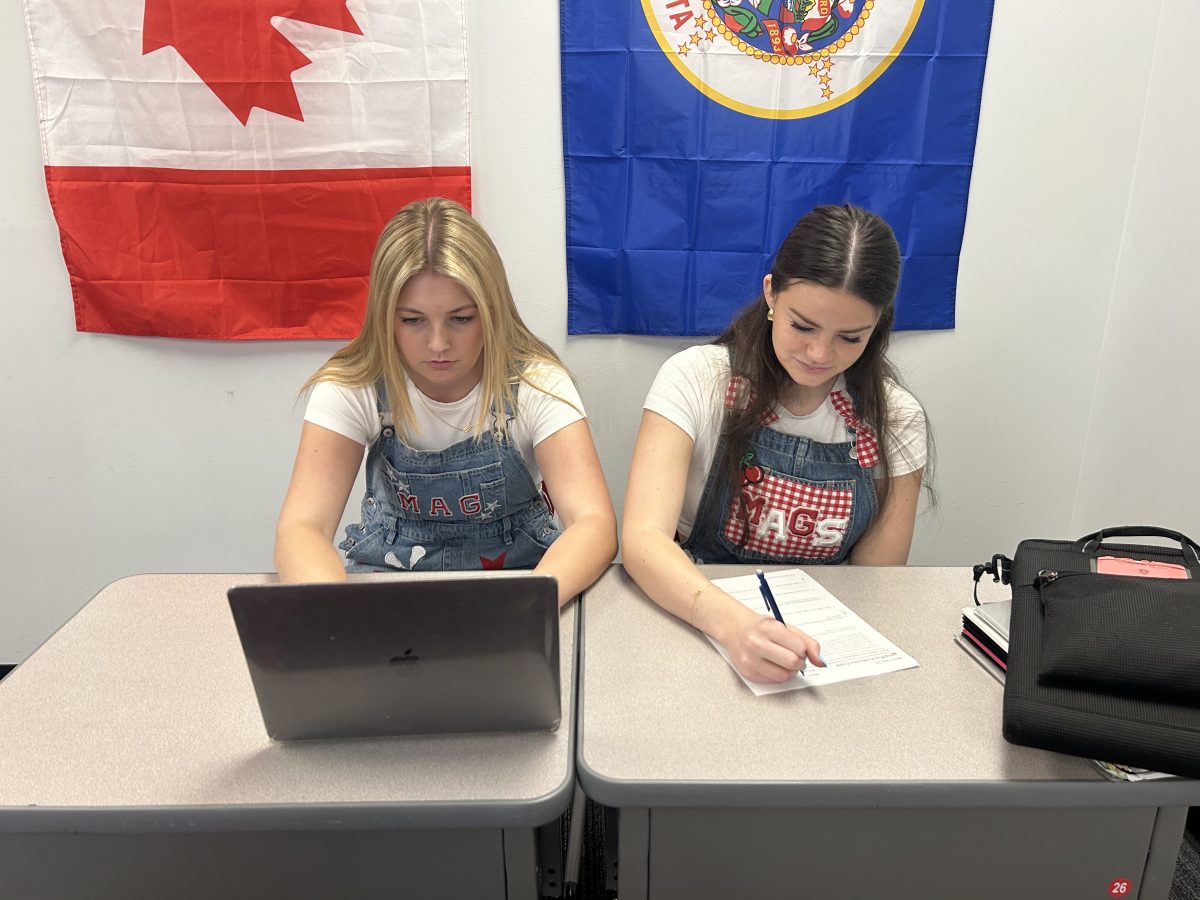



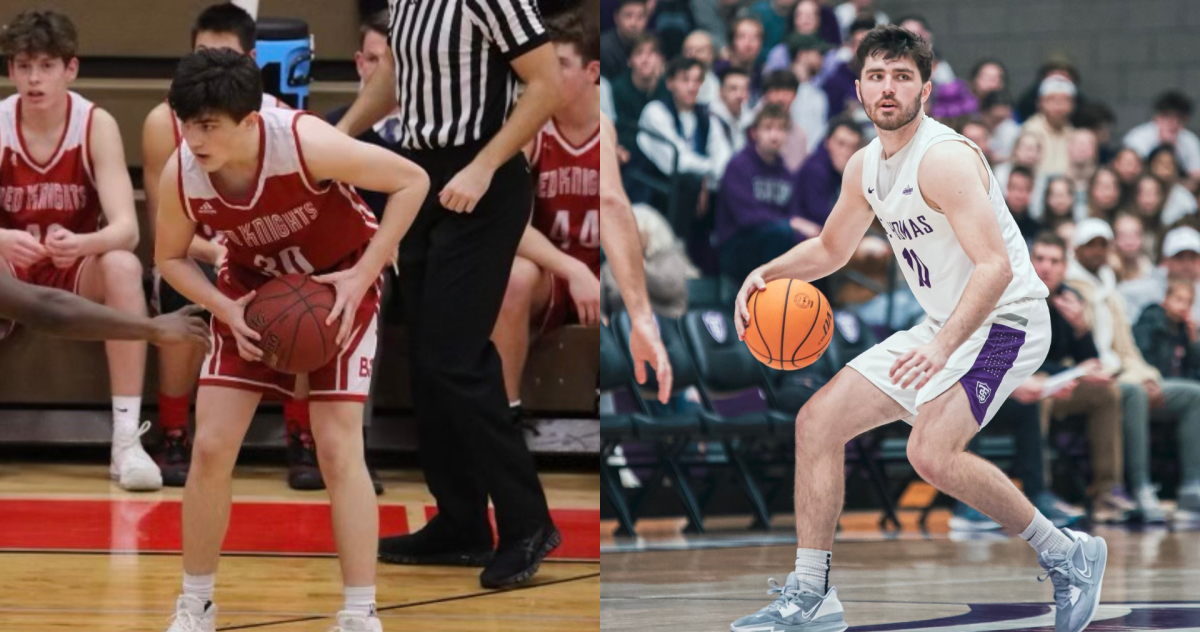
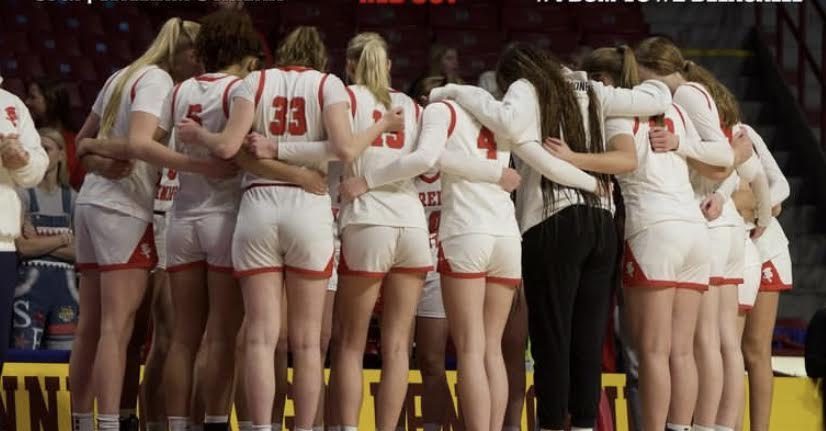
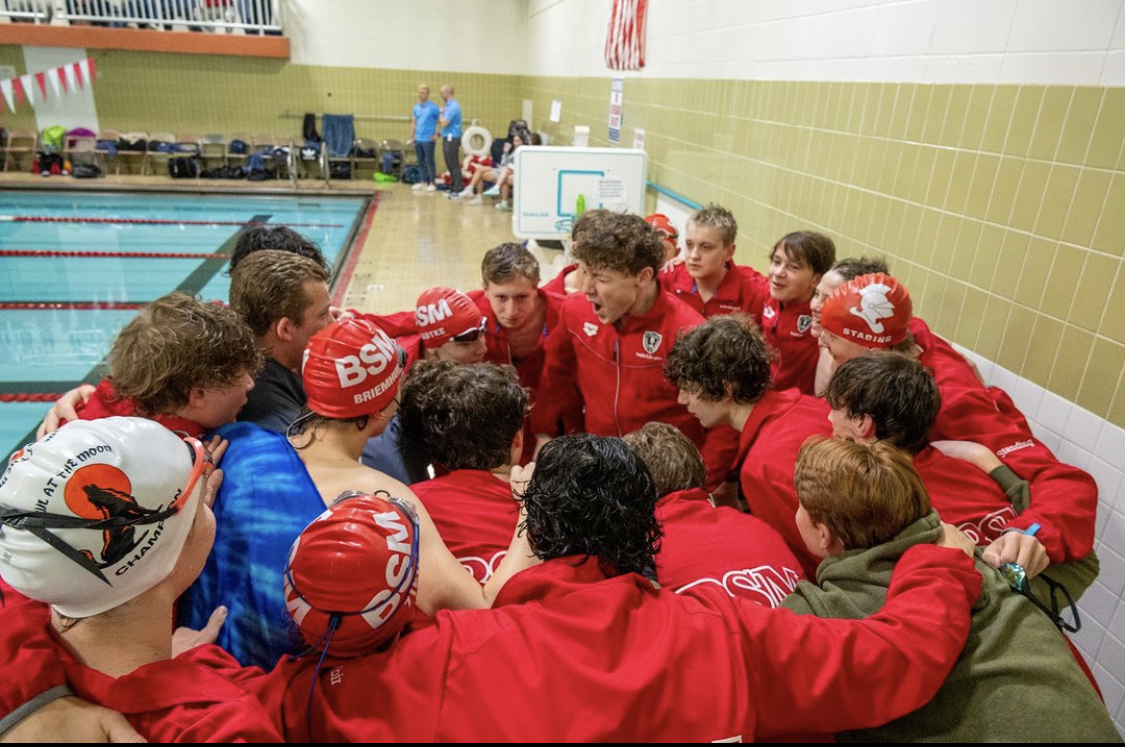



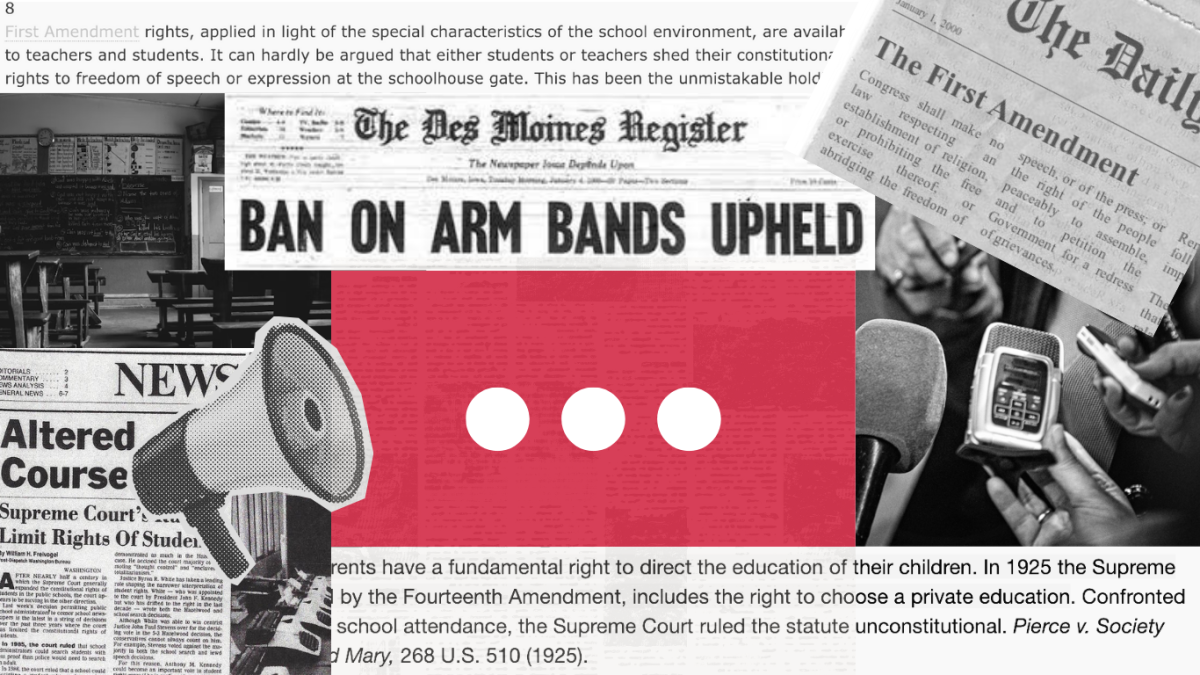
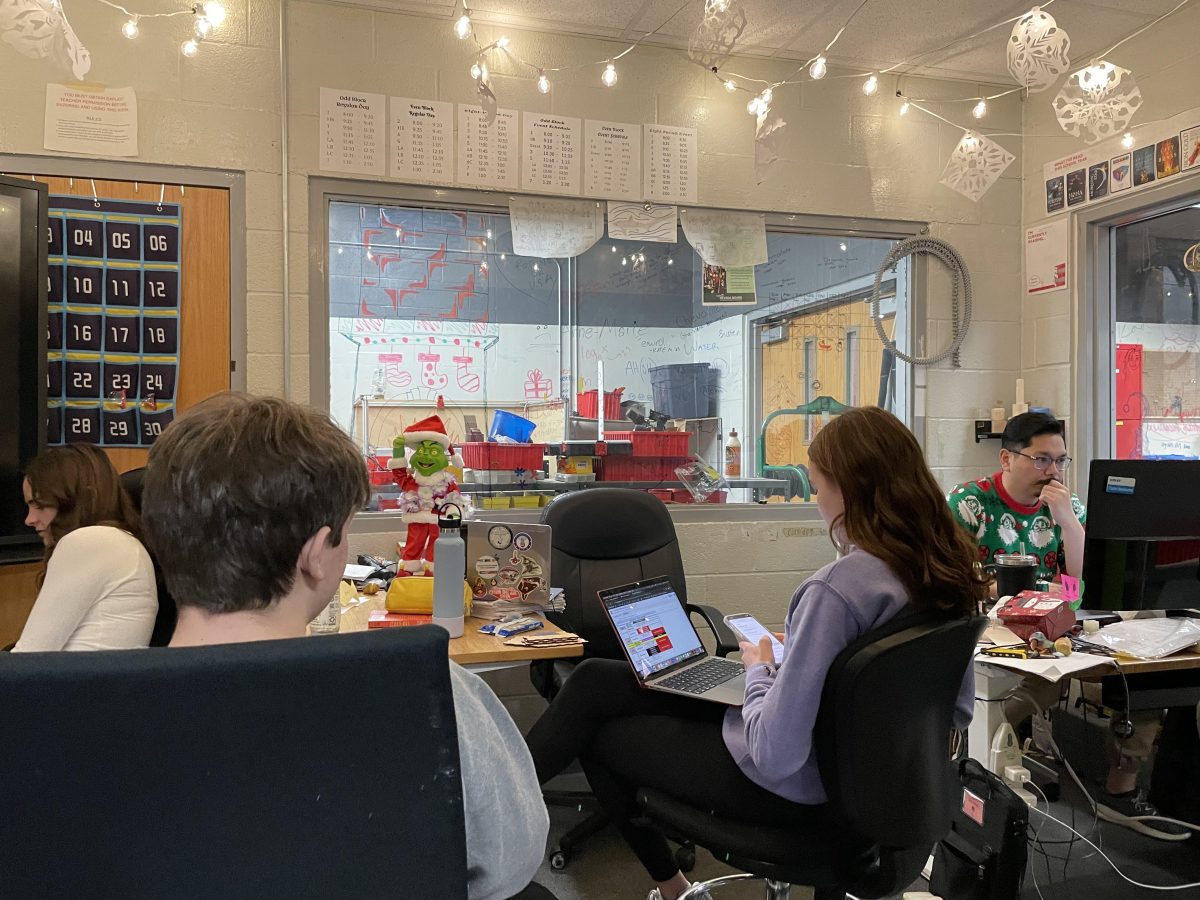






















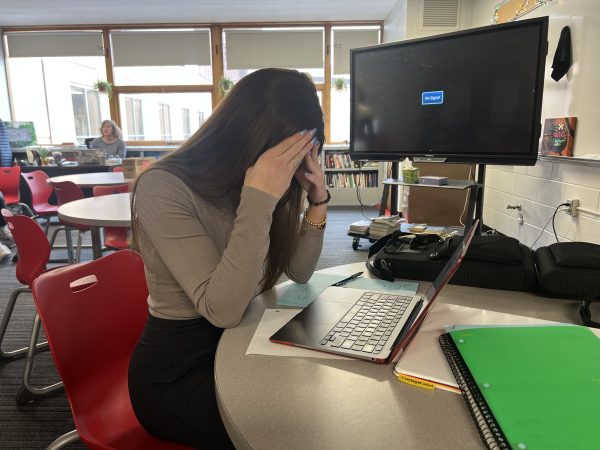



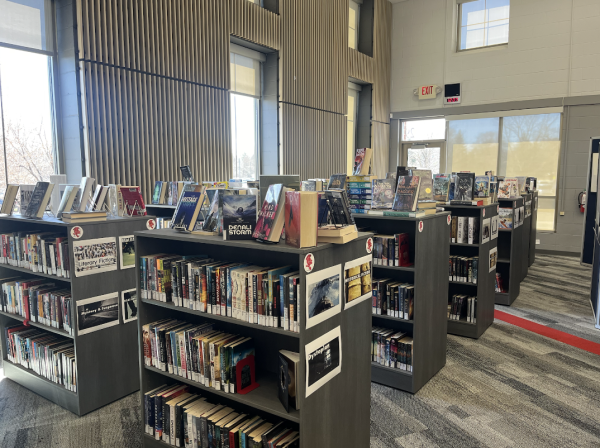

Sandra Schraut • Jun 5, 2014 at 10:46 pm
Jason I apologize for your being neglected when it is apparent that giving you that reward was one that was earned and deserved. That an institute such as BSM or any other facility ect. would not protest this is really sad and truly unfortunate. This should not happen! If it is any consolation I think you deserve it.